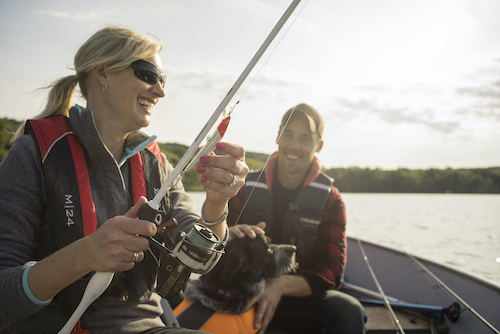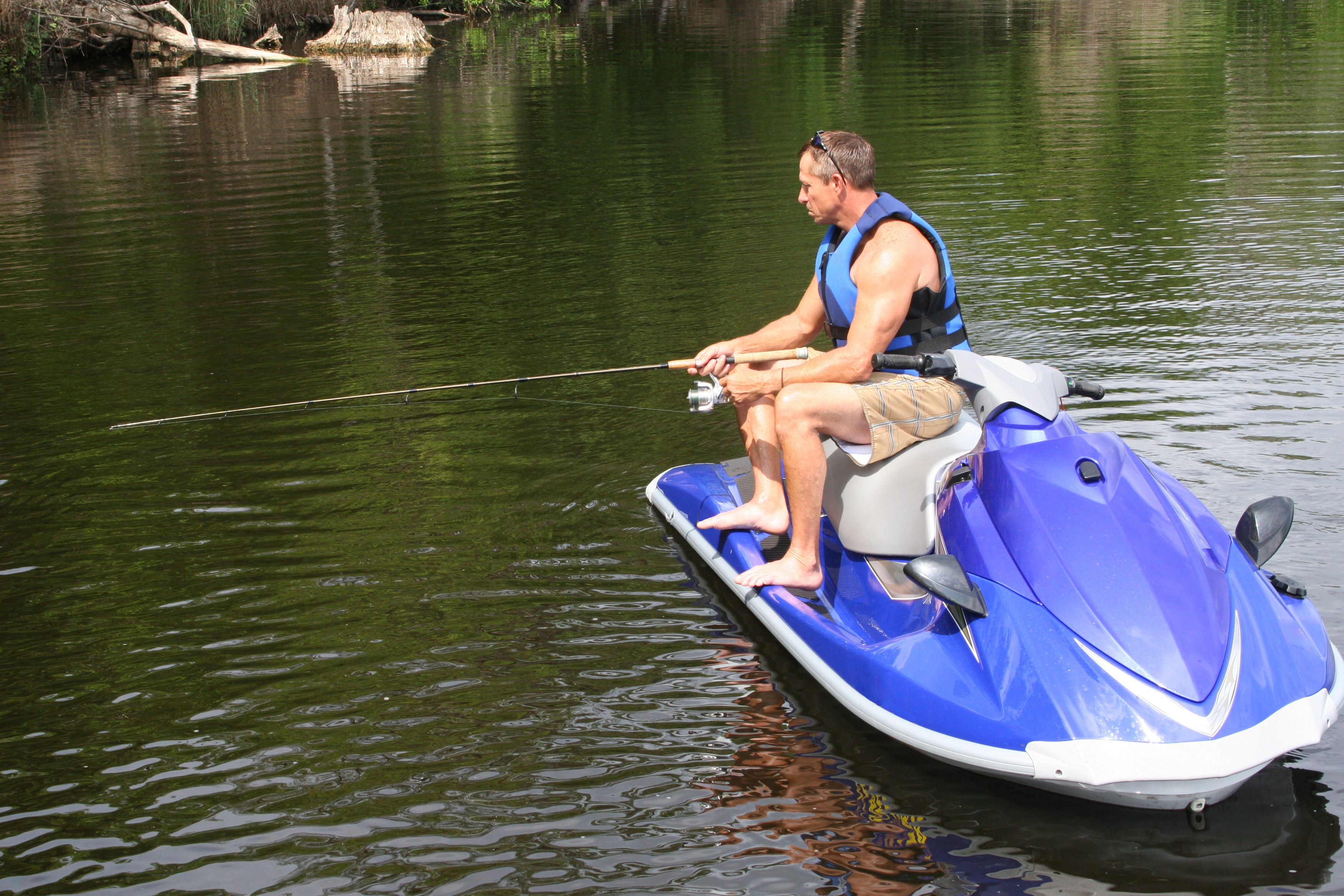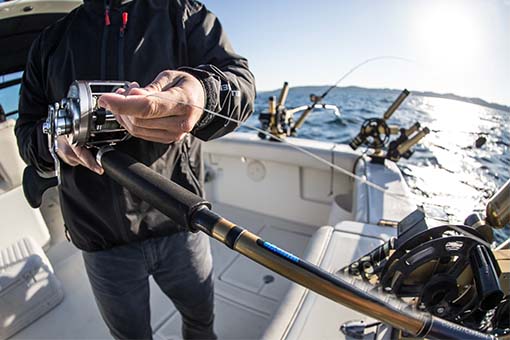Heading out for a fishing trip is always exciting, whether you're planning to reel in a big catch or simply enjoy a day on the water. But before you cast your line, it's crucial to familiarize yourself with fishing licenses, why they're important, and how you can get one.
How Fishing Licenses Typically Work
Typically, several types of licenses are available, catering to different fishing methods, types of water (freshwater or saltwater), and durations (such as daily, annual, or lifetime).
States often offer different licenses for residents and non-residents. The cost of a fishing license varies by state and the type of license.
Each license has regulations the holder must follow, such as the types of fish that can be caught, where one can fish, and the methods used.
How To Get A Fishing License
Getting a fishing license is pretty straightforward, with several simple options. Here's how you can get one:
Get A Fishing License Online
Many people find purchasing a fishing license online the most convenient option. Nearly every state has an official website for this purpose.
Just visit the website, fill out the necessary information, pay with a credit card, and print your license. In some cases, you can even keep a digital copy on your phone.
Get A Fishing License In Person
If you want advice from local experts, you can buy your license in person. You can often buy a permit at a bait shop, sporting goods store, or directly from a local Department of Wildlife or Natural Resources office.
Get A Fishing License By Phone
Some states also offer the option to purchase your license over the phone. It's as simple as calling a designated number, providing your details, and making a payment.
The cost and age requirements can vary significantly depending on the state and the type of fishing you plan to do (like freshwater or saltwater). Also, there are often different rules for residents versus non-residents, so make sure you get the right license for your situation.
Why Do You Need A Fishing License In The U.S.?
In the U.S., getting a fishing license isn't just about following the law - it's about contributing to the sport you love. Here's how:
1. Conservation Efforts
The primary purpose of a fishing license is to help conserve fish populations and their habitats. License fees fund crucial conservation efforts like habitat restoration, fish stocking, and pollution control.
These initiatives ensure that fish populations are sustainable and that ecosystems are healthy, which is vital for maintaining biodiversity and ecological balance. This means more beautiful places to fish - and more fish waiting for your line.
2. Regulation and Balance
Licenses help manage the number of anglers to prevent potential overfishing. This balance keeps the ecosystem healthy, which is better for everyone.
3. Supporting Research
The funds from licenses fuel research that leads to better practices in fishery management and environmental preservation.
Education and Resources: License fees also support educational programs that teach safety classes, responsible fishing techniques, and conservation ethics. This education helps pass down fishing traditions through generations while maintaining a respect for nature.
Read Next: Fishing Safety Tips
4. Legal Essentials
Beyond conservation, holding a valid fishing license helps you avoid penalties. Rules vary by state, but fines can be costly, and you might even lose your fishing gear.
It's better to be on the water with the peace of mind of knowing you're fishing legally.
What Age Do You Need A Fishing License?
The age requirement for a fishing license varies from state to state in the U.S. Generally; most states require people to start carrying a license between the ages of 12 and 16.
Does Every State In The U.S. Require A Fishing License?
Yes, every state in the U.S. requires a fishing license, but the specific requirements can vary widely from state to state. It's a good idea to check the fishing regulations and license requirements of the state where you plan to fish to confirm that you abide by local laws.
Is There A Fishing License That Covers All States?
Because every state's rules and fishing options vary so greatly, no 'national' fishing license exists.
However, some neighboring states have made agreements under which a license from one state might be valid in parts of another, especially for bodies of water they share. These agreements are known as Interstate Agreements or Reciprocal Licenses.
Also, in places like national parks and federal waters, you might not need a state license, but other permits could be required.
Do You Need A Fishing License For Catch And Release?
Yes, you generally need a fishing license for catch and release in most states. The rules for needing a fishing license don't usually differentiate based on what you plan to do with the fish after catching them.
The license is primarily about the act of fishing itself, which includes catching and immediately releasing the fish back into the water. All fishing, even catch and release, impacts fish and their habitats.
Licensing helps manage fishing pressures and ensures sustainable practices to protect fish populations and the environment.
Learn More About Catch and Release Fishing
Do You Need A Fishing License On Private Property?
Like most other regulations, whether you need a license to fish on private property depends on where you are.
In many places, fishing on a private pond that isn't connected to larger water systems might not require a license. But, if the pond or lake on someone's land connects to another type of public water, most states will ask you to have a permit.
Also, in some states, it doesn't matter if the water is on private property; they require a license regardless. So, before you grab your rod and head out, it's a good idea to check the specific rules for your state. You can usually find this info on the state's wildlife or conservation website.
What Happens If You Fish Without A License?
If caught fishing without a license, a few things could happen. First, you're likely looking at a fine. How much you pay might depend on where you're fishing or what you've caught.
Then, there's a chance they could take your gear. In some places, if you keep breaking the rules, you can even lose the right to fish there for a while, or they could make you pay additional fines to make up for the damage done.
It's better to take a few minutes to get your fishing license so you can enjoy your time on the water worry-free and responsibly.


